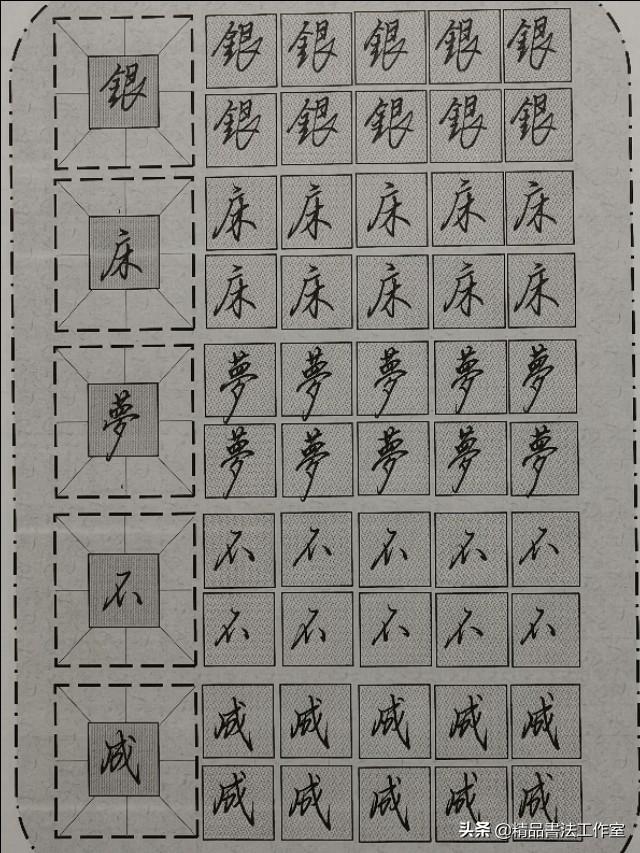2004年Text 2,现在小编就来说说关于2004年考研英语text3?下面内容希望能帮助到你,我们来一起看看吧!

2004年考研英语text3
2004年
Text 2
①Over the past century, all kinds of unfairness and discrimination have been condemned or made illegal. ②But one insidious form continues to thrive: alphabetism. ③This, for those as yet unaware of such a disadvantage, refers to discrimination against those whose surnames begin with a letter in the lower half of the alphabet.
①在过去的一个世纪里,各种各样的不平等和歧视已经受到人们的谴责或被视为违法。②但是,一种隐蔽的不公平和歧视却继续盛行:按字母排序。③对于那些还没有意识到这种不利条件的人,可以这么向他们解释:它指的是歧视那些姓氏字母在字母表中排得靠后的人。
①It has long been known that a taxi firm called AAAA cars has a big advantage over Zodiac cars when customers thumb through their phone directories. ②Less well known is the advantage that Adam Abbott has in life over Zoë Zysman. ③English names are fairly evenly spread between the halves of the alphabet. ④Yet a suspiciously large number of top people have surnames beginning with letters between A and K.
①人们早就知道,当乘客翻电话簿叫出租车时,一家名为"AAAA汽车"的出租车公司远比另一家名为"Zodiac汽车"的公司占有优势。②而少为人知的是,名为Adam Abbott的人在生活中要比名为Zoë Zysman的人有优势。③英语名字很均匀地分布于字母表的前、后部分,④但令人难以置信的是许多杰出人物的姓氏字母都排在了A到K之间。
①Thus the American president and vice-president have surnames starting with B and C respectively; and 26 of George Bush's predecessors (including his father) had surnames in the first half of the alphabet against just 16 in the second half.② Even more striking, six of the seven heads of government of the G7 rich countries are alphabetically advantaged (Berlusconi, Blair, Bush, Chirac, Chrétien and Koizumi). ③The world's three top central bankers (Greenspan, Duisenberg and Hayami) are all close to the top of the alphabet, even if one of them really uses Japanese characters. ④As are the world's five richest men (Gates, Buffett, Allen, Ellison and Albrecht).
①因此,美国总统和副总统的姓氏分别以B和C开头,而乔治·布什的先辈中,有26位的姓氏排在了字母表的前半部分,却只有16位排在了后半部分。②更令人惊讶的是,七个富裕国家的政府首脑中,六位具有字母排序的优势,他们分别是:贝波鲁斯科尼、布莱尔、布什、希拉克、科利汀和小泉。③世界三大中央银行行长的姓氏都靠近字母表的顶部,即使其中一位用的是日本文字,他们分别是:格林斯潘、迪森伯格和河野。④世界上最富裕的五个人也是如此,他们的名字分别是:盖茨、巴菲特、艾伦、埃里森和阿尔布雷克特。
①Can this merely be coincidence? ②One theory, dreamt up in all the spare time enjoyed by the alphabetically disadvantaged, is that the rot sets in early. ③At the start of the first year in infant school, teachers seat pupils alphabetically from the front, to make it easier to remember their names. ④So short-sighted Zysman junior gets stuck in the back row, and is rarely asked the improving questions posed by those insensitive teachers. ⑤At the time the alphabetically disadvantaged may think they have had a lucky escape. ⑥Yet the result may be worse qualifications, because they get less individual attention, as well as less confidence in speaking publicly.
①难道这仅仅是巧合吗?②那些不具备字母优势的人在闲暇之余臆造出来的一种理论认为,这种荒唐事早就存在了。③在幼儿园第一学期开始时,老师把学生按姓氏的字母顺序从前往后排座位,以便更容易记住他们的名字。④因此一些近视的、姓氏字母靠后的学生就固定在后排了,而那些不敏感的老师很少向这些孩子提有利于他们智力提高的问题。⑤但是,这些不具备字母优势的孩子可能认为自己有幸逃脱了提问。⑥然而,结果却造成了能力的差异,因为这些孩子受到的关注要少,在公开表达自己时更缺乏信心。
①The humiliation continues. ②At university graduation ceremonies, the ABCs proudly get their awards first; by the time they reach the Zysmans most people are literally having a ZZZ. ③Shortlists for job interviews, election ballot papers, lists of conference speakers and attendees: all tend to be drawn up alphabetically, and their recipients lose interest as they plough through them.
①这种使人蒙羞的情况还在继续。②在大学毕业典礼上,姓氏字母靠前的学生先得到奖励,等轮到那些姓氏字母靠后的人时,大多数人差不多都在打鼾了。③求职面试的最后名单,投票选举单,与会发言人和参加者名单……往往都是按照字母先后顺序制作的,等到拿到这些名单的人费劲地看到尾时,他们早已经失去了兴趣。
,




